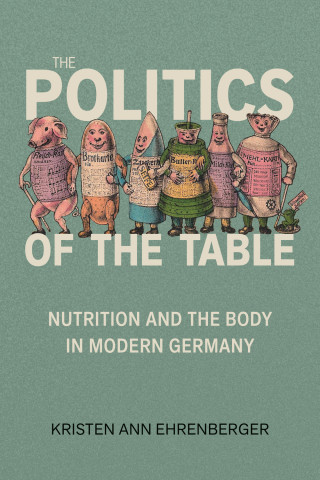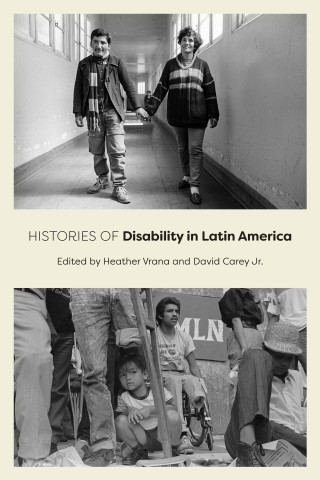
Reviews
[Marsh and Ronner make for a] highly successful combination in which faultless clinical detail and a broad social and cultural approach are seamlessly woven to produce a very impressive and beautifully written historical work of the first importance.
Marsh and Ronner have sought to go beyond the published medical literature to disclose the voices of those most affected by the physiological and cultural condition of infertility... they have restored to the historical record the anguish and the hopes of women who experienced infertility.
The book's lucid explanations of medical terms and procedures will allow me to recommend it to my infertility patients. I plan to do so, trusting that it will give them a new perspective on their predicament. Knowing that it provided me a new perspective on both infertility and the practice of gynecology, I will also assign it an honored place in my medical library.
Demonstrates the profound impact of politics as well as culture on the development of medical practice. It is an excellent model for future scholarship on the complex relationship between science and society.
The Empty Cradle brilliantly illuminates how American families and physicians struggled with infertility and responded to the shifting scientific and cultural meaning of procreation. It is a beautifully written and incisive account of an important subject.
For all the interest in demography, women's history, and reproductive issues in the last twenty years, no previous study has attempted to place American infertility—as distinguished from fertility and fertility regulation—into historical perspective. This excellent book will receive well-deserved attention.





